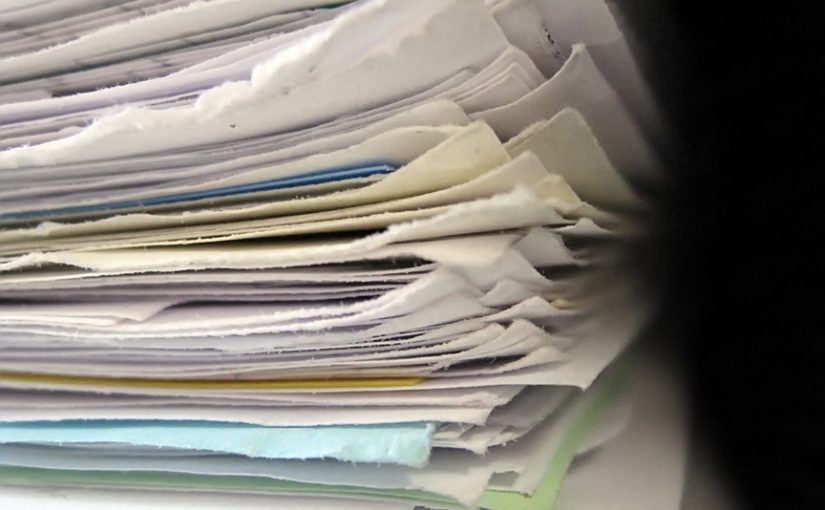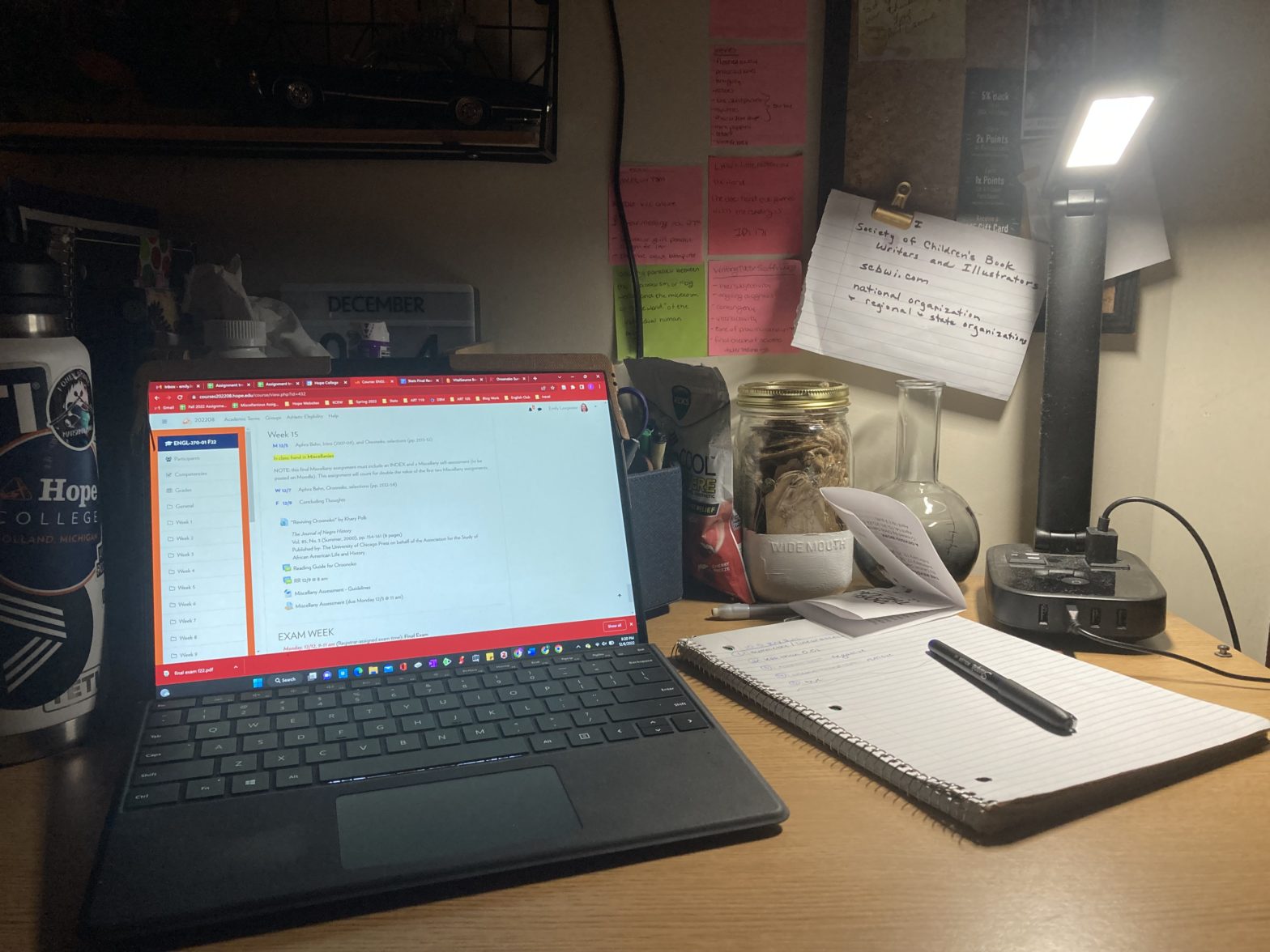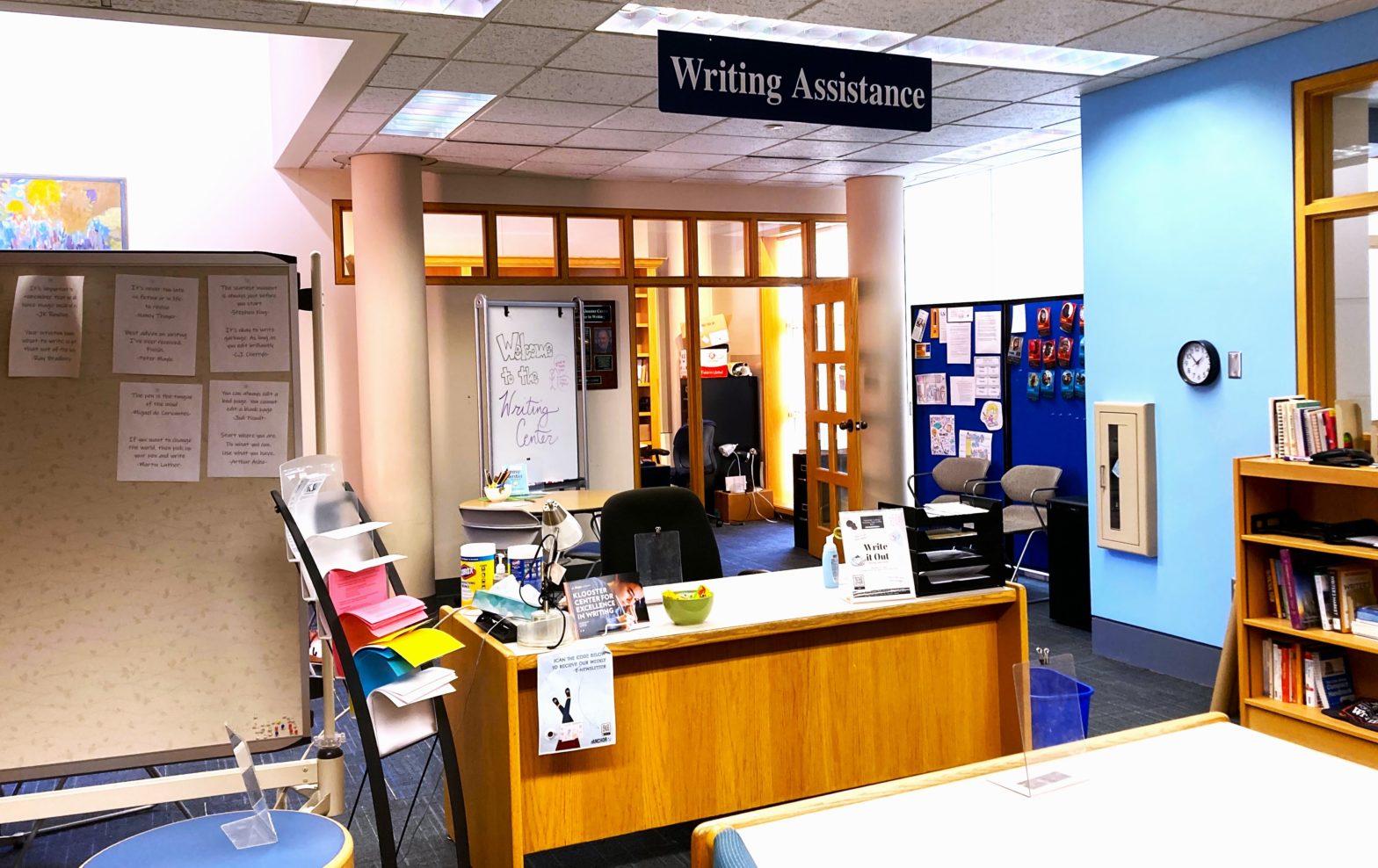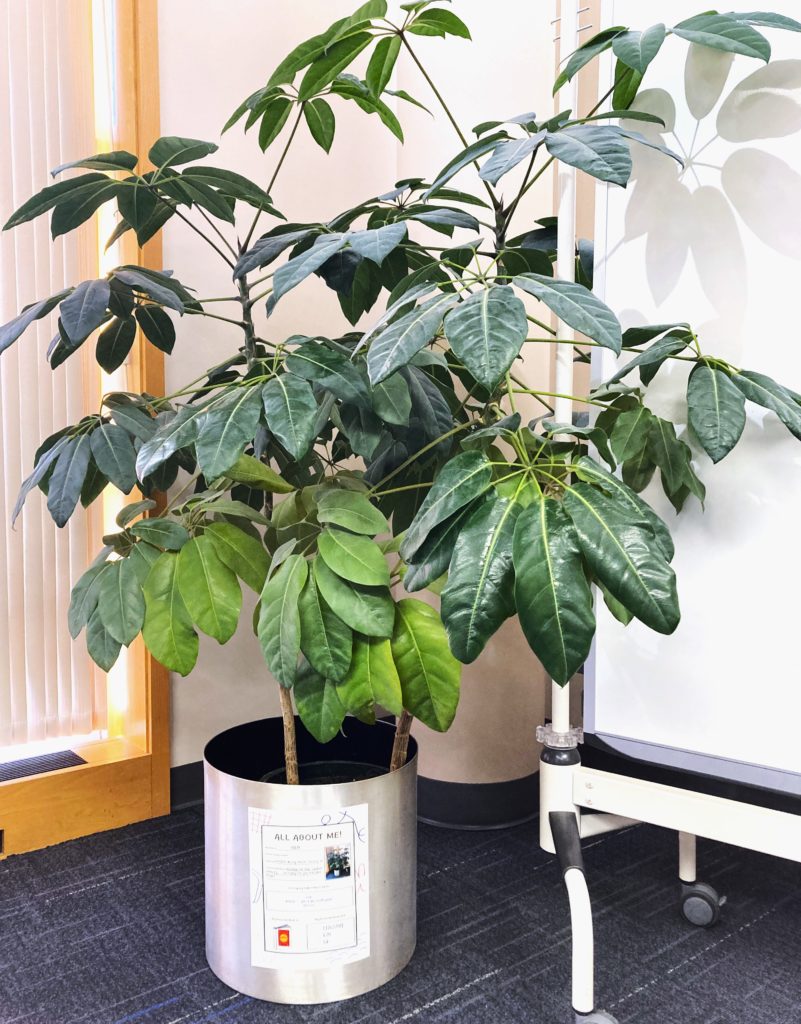Another semester over and another one beginning. Some of you are excited for the new semester and some of you are nervous. Both of those feelings are valid. Below are some tips for starting off a new semester on the right foot.
Find your study space
A place with limited distractions and noise levels. This could be your dorm room, place of living, or the library on campus. If you aren’t entirely sure what kind of environment is best for you to learn in there are a lot of assessments on the internet that can help you. The one that I used to determine what kind of learner I am to better my studying experience is “What’s Your Learning Style? 20 Questions”.
It can help you understand how you process information and how to find the best environment for completing homework or other tasks. If you learn visually you might not want to study where there is a lot of movement around.
Train your Brain
The more you train the more you gain. If you train your brain continuously, like any other muscle in your body, it will become stronger and more flexible. Interval studying can help you train, and take care of, your brain. Taking frequent breaks can help prevent burnout which is something that occurs quite often in college students.
The Pomodoro Technique is very popular in terms of interval studying where you break down your tasks into 25 minutes of continuous work with 5 minute breaks. Only 5 minute breaks, not; “well, I’m too invested in this Tik Tok, or the meme my friend just sent me to stop now, I’ll get back to studying in a little bit”. I’ve done that before and ended up on my phone for 30 minutes.
Another way to help train your brain if you don’t want to plot out your study time would be to complete mental puzzles and games. Tackle some crosswords or puzzles. Those can easily be found online with a variety of difficulty levels.
Organization
Be organized from the very beginning; write down your assignments, deadlines, and important dates in one place. You can write it by hand in a planner or use a Google Calendar. I prefer the Google Calendar because I can’t misplace it. It doesn’t matter which you pick as long as it works for you.
Block off your class times in your calendar. This ensures that you are less likely to forget about it or overbook yourself. Even if you are in a self-paced class block off times to get the work done to keep from falling behind. Write down as much as you can in advance. Even though dates and assignments are given on the syllabus they are always open to change, so keep your calendar updated. If you are struggling in a class then it could be helpful to mark down your professor’s office hours as well.
Resources
Hope has a ton of resources to help you as well! If you are coming back from break a little nervous there are many programs here to help you. From starting and finishing a paper, doing research, or organizing your life. Most student tutor organizations at Hope will eagerly meet with you in-person, or online if necessary
Another strong resource that is offered to Hope is the Academic Success Center. The Academic Success Center at Hope College focuses on supplying students with resources that they can use to become more confident, reduce anxiety and worries, achieve goals, and more.
For any additional help there is DAR: Disability and Accessibility Resources. They assist students and help educate faculty about disabilities. They believe that every student should be able to get where they want to go and have access to all the same experiences.
Connecting and Getting Help
If you don’t understand something, your classmates are most likely in the same place. Everyone is starting a new semester with new classes, not just you. Utilize study groups whenever possible, discuss with your professor about helping your organize a study group within the class. Even just getting to know your peers and spending time with them can develop relationships where you hold each other accountable. Ask questions when they arise, don’t wait until the last minute.
Set goals and ask friends, coworkers, and family to offer support and help hold you accountable. Celebrate your successes with them. You don’t have to do this alone. If you could use some help, ask for it, most people are going to be very willing to assist you along your journey.
The Balancing Act
I have always struggled with balancing life, work, and school, but it is very important to maintaining your sanity while trying to get the full “college experience”.
Explain to those in your life, from friends to family and to employers that while you begin the new semester you will have responsibilities so that everyone understand that you will be dividing your time instead of fully committing all of it all the time. Explaining this early on will allow you some wiggle room if things that turns you weren’t planning on.
Determine what in your life will come first and what can wait.
Among all of this, make sure you are making time for yourself to workout or do something that benefits your health. Ask a loved one or some friends to join you if you are looking for some social time. One hour of physical activity can be rejuvenating and help you take in more information then if you were to cram it all in without taking care of yourself.
Take care of yourself. Plan ahead. Find your learning style. And most importantly, breathe, you got this.









